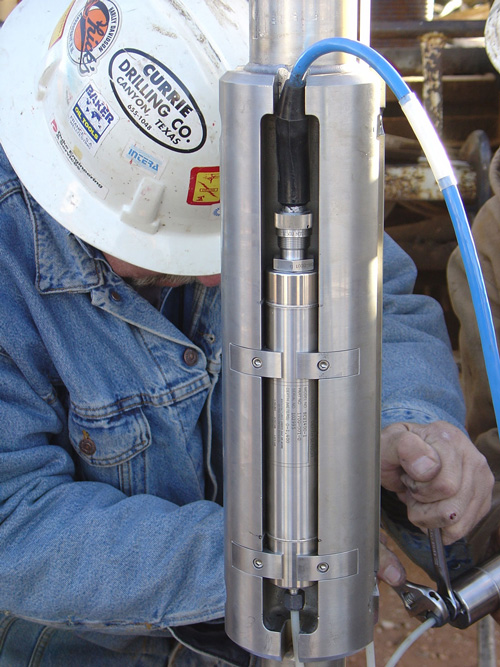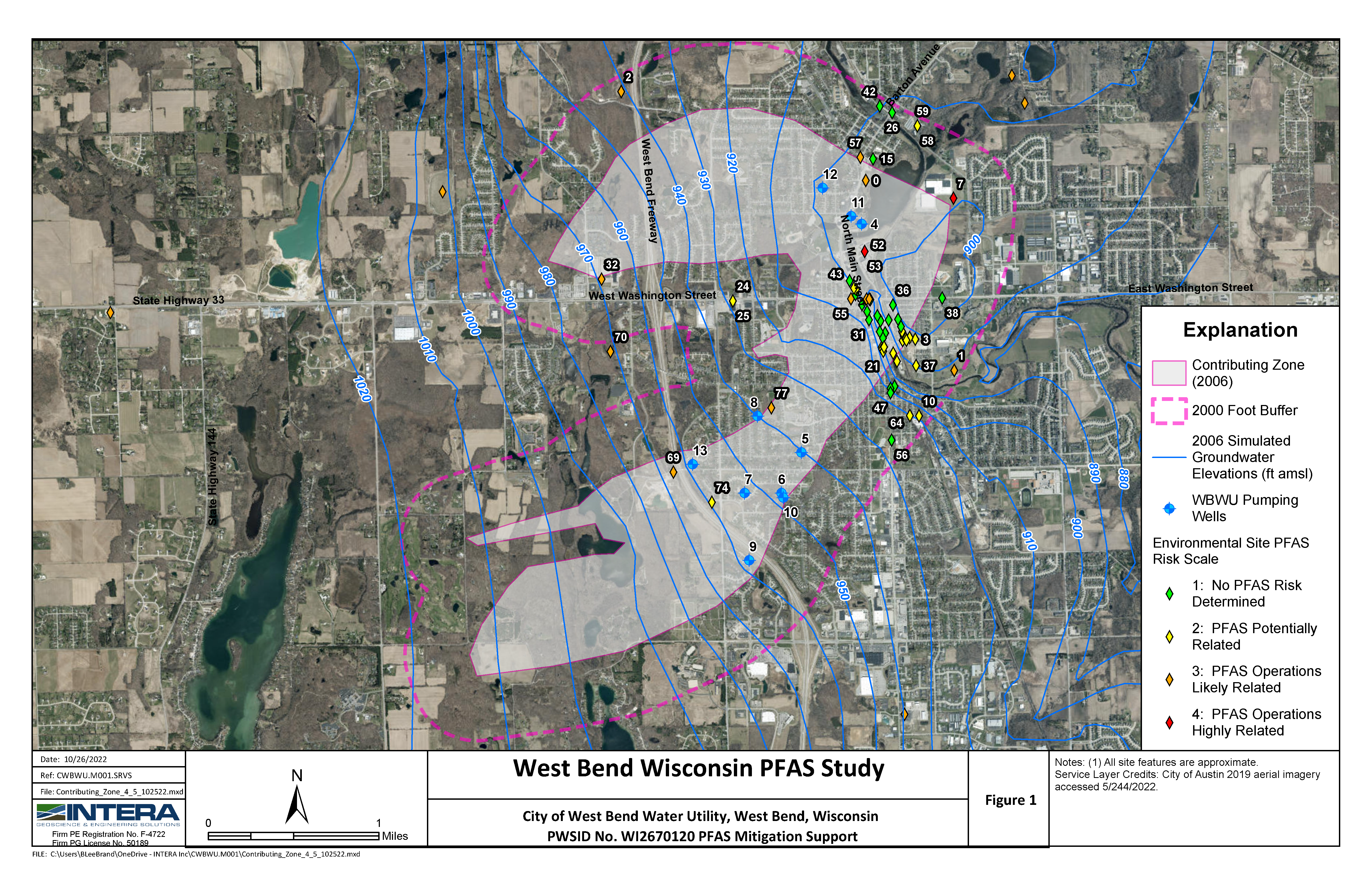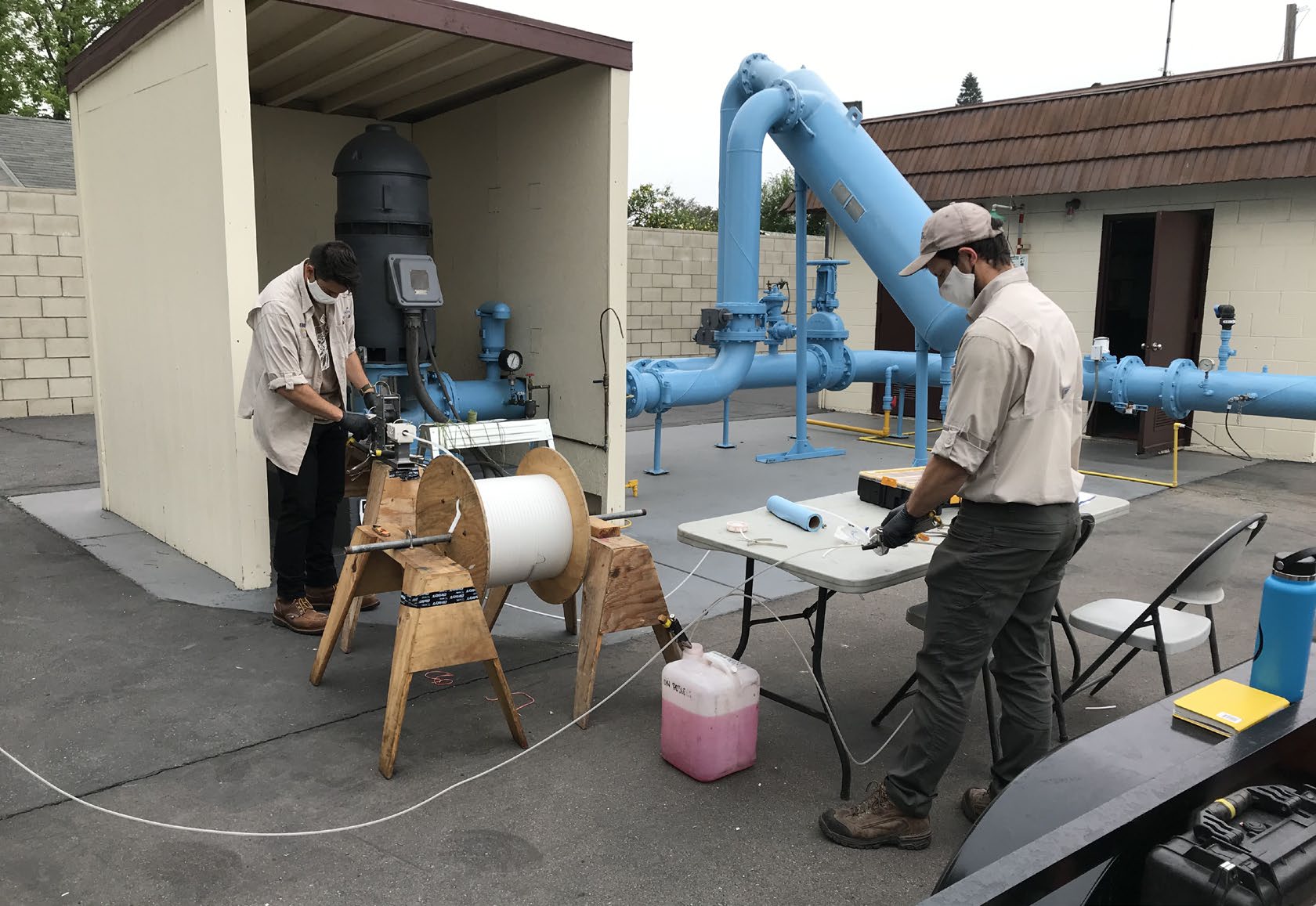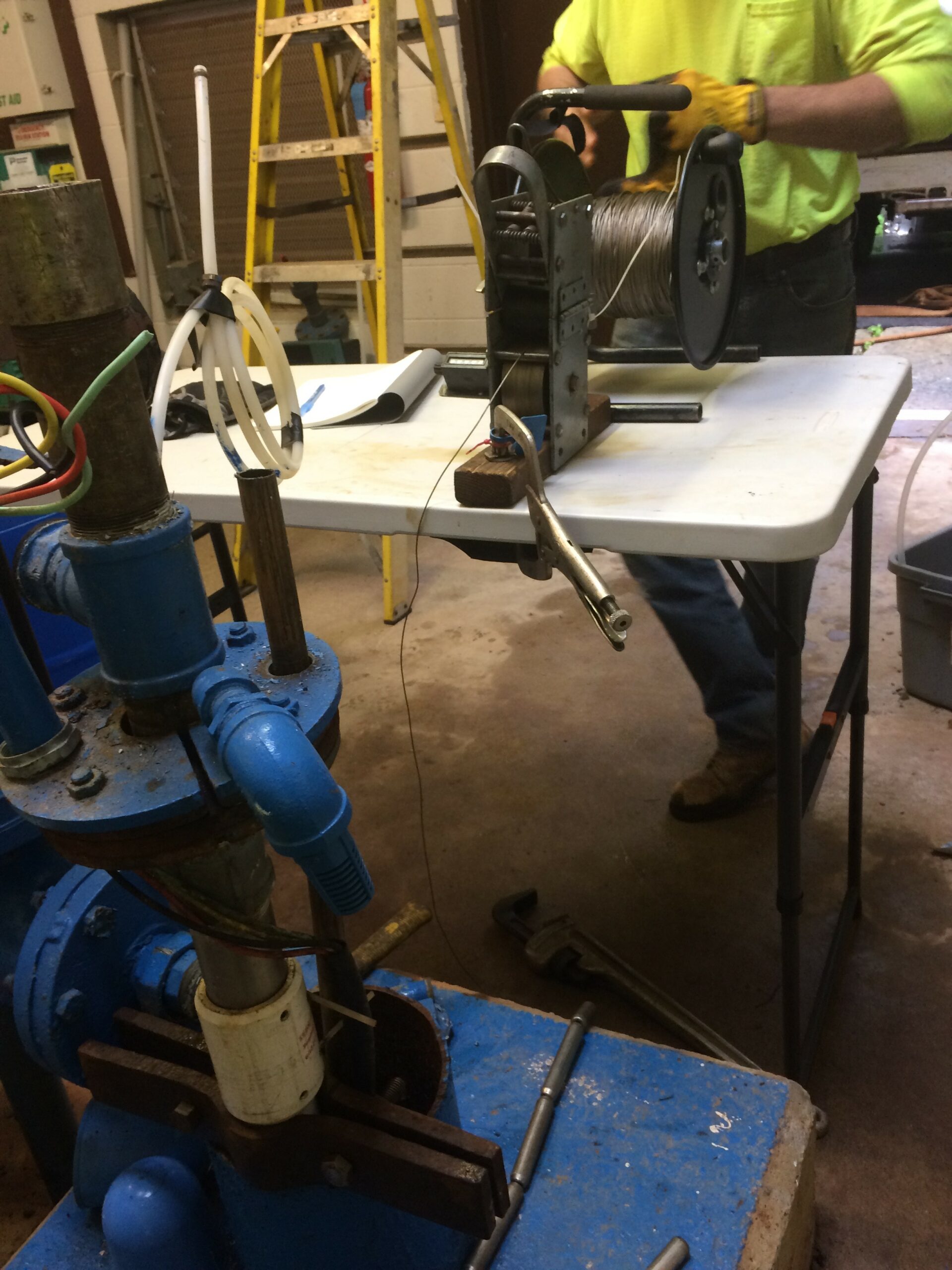
Challenge. Provide hydrogeologic data and analyses to support performance assessment and licensing of a deep geologic repository for transuranic waste
Solution. The Waste Isolation Pilot Plant (WIPP) was constructed and now operates as a repository for the disposal of defense program-generated transuranic wastes. Geologically, the facility is constructed in a thick layer of bedded salt and overlain by regional fractured dolomitic aquifers. INTERA conducted field hydrogeological characterization, data interpretation and documentation, and modeling in support of characterizing and assessing the performance of both the site and underground facility with respect to long-term waste isolation. We were responsible for performing much of the field characterization and groundwater modeling used to support the license application for the facility. Our efforts included conducting deep borehole permeability tests and tracer tests on the Culebra dolomite aquifer, the most transmissive unit of the Rustler Formation and the principal potential off-site pathway in the event the WIPP repository is breached. We also performed a comprehensive hydraulic testing program to characterize the far-field hydrogeologic properties and the disturbed rock zone that developed after excavating the WIPP underground facility, conducted and interpreted hydraulic tests (pulse-injection tests) in low-permeability halite, anhydrite, mudstones, and claystones at various depths in the waste-handling and air intake shafts, and fielded a large-scale brine inflow test and gas threshold-pressure tests in the underground repository. Since 2004, INTERA has provided hydraulic testing, long-term groundwater monitoring, and associated data analysis and interpretation to support meeting federal and state permit requirements for the facility, including periodic recertification by the U.S. Environmental Protection Agency and compliance with the RCRA permit issued by the New Mexico Environment Department.




